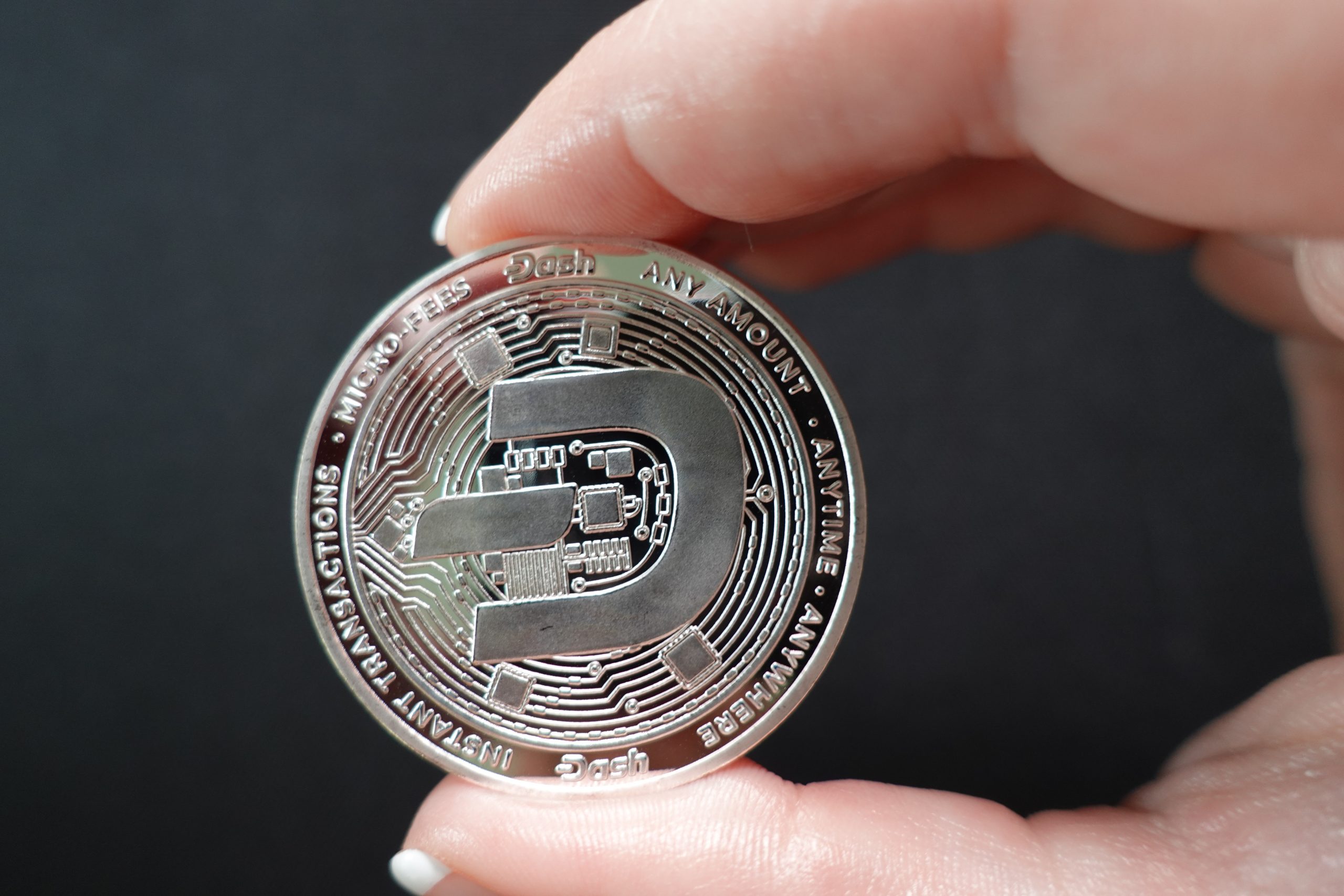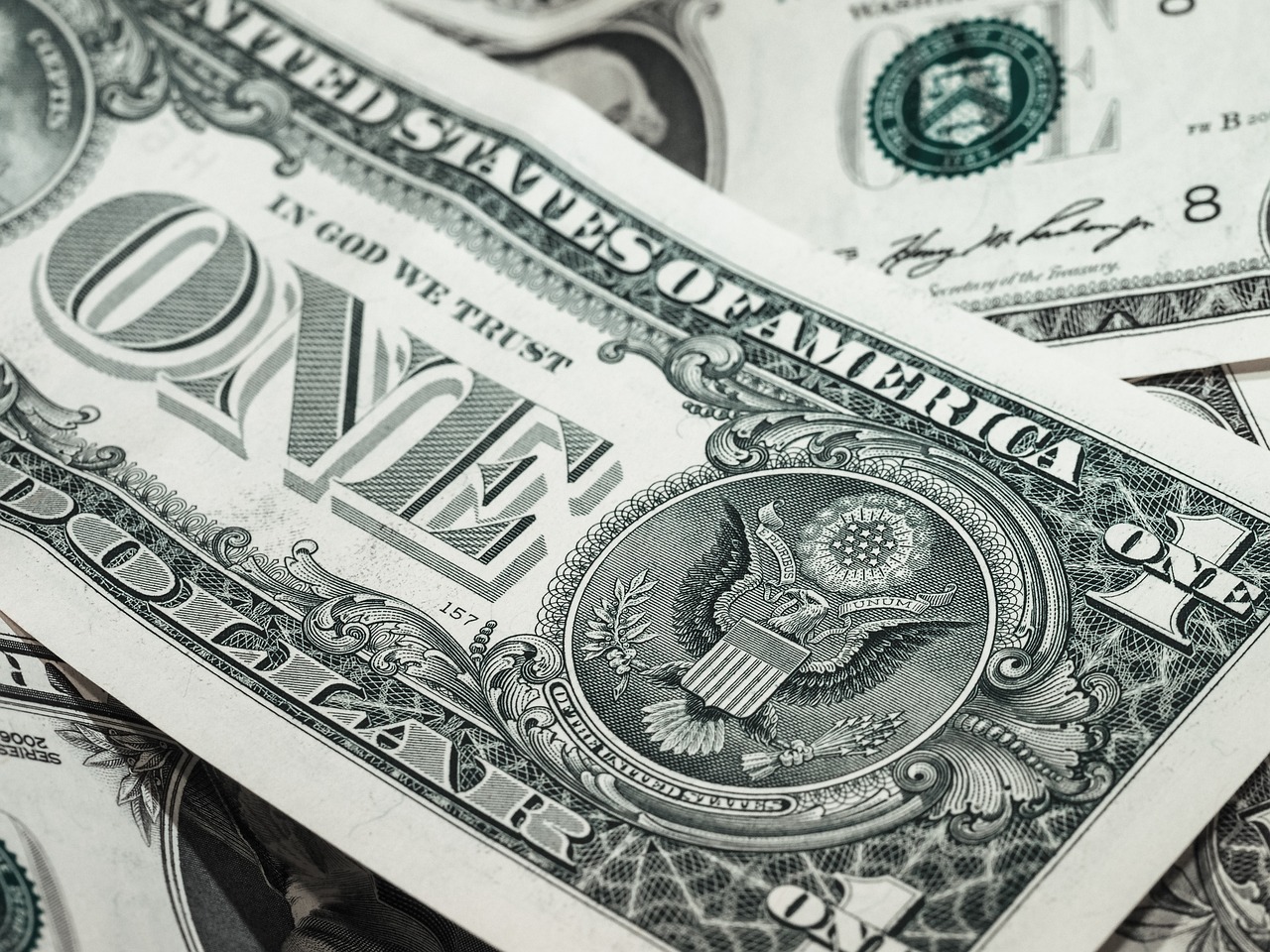Are you tired of waiting three to five business days for a bank transfer to clear? Do you hate carrying around cash and coins, only to fumble through them at the checkout counter? If so, then you’ll want to read on about how technology could soon revolutionize the way we make payments. Specifically, we’re talking about a digital pound – an electronic version of Britain’s currency that would allow for instantaneous transactions without the need for banks or middlemen. In this blog post, we’ll explore what a digital pound is, how it works, and why it could be a game-changer for commerce in the UK and beyond. So grab your smartphone (or whatever device you use to access online banking) and get ready to learn how money might never be the same again!
The current state of the Pound
The current state of the Pound is interesting. The currency has been through a lot of turmoil in recent years, but it has managed to maintain its value. This is due, in part, to the fact that the British government has been able to keep a tight grip on the money supply. However, this control comes at a cost. Interest rates are low, and inflation is high. This means that savers are losing out, and debtors are struggling to repay their debts. There is a growing feeling that something needs to change. The current system is not sustainable, and it is not fair. The government is starting to realize this, and they are looking at alternatives. One of these alternatives is a digital Pound.
A digital Pound would be a completely new currency. It would be created by the Bank of England, and it would be regulated by them. This would give the government much more control over the money supply, and they would be able to set interest rates and inflation levels.
The benefits of a digital Pound are numerous. Firstly, it would be much easier to use than cash or cheques. All payments could be made electronically, which would save time and hassle. Secondly, it would be much harder for criminals to launder money or evade taxes. Thirdly, the government would have much more control over the economy. They could stimulate growth with lower interest rates, or cool things down with higher rates if inflation got too high.
Why a digital Pound could be beneficial
A digital pound could be beneficial for a number of reasons. First, it would be more efficient than the current system, which relies on paper money and coins. Second, it would be more secure, as it would be less susceptible to theft and fraud. Third, it would be more convenient, as people could make payments using their smartphones or other devices. Finally, a digital pound could help to reduce the cost of making payments, as there would be no need for banks or other financial institutions to handle physical money.
How a digital Pound could work
A digital pound could work in a number of ways. One possibility is that it could be used as a replacement for physical cash, with all transactions being made electronically. This would have a number of benefits, including reducing crime (as there would be no need for physical money to change hands) and making it easier for the government to track spending. Another possibility is that the digital pound could be used in addition to physical cash, giving people the option to pay for goods and services either electronically or in person. This would give people more choice and flexibility when it comes to making payments, and could help to reduce the cost of living by making it cheaper to process payments.
The potential drawbacks of a digital Pound
A digital pound could have a number of potential drawbacks. First, it could be subject to hacking and other cyber-attacks. Second, if the digital pound is not properly managed, it could result in inflation or deflation. Third, a digital pound could also be subject to government control and regulation, which could limit its use and effectiveness.
Conclusion
The potential advantages that a digital pound could bring to the UK economy are monumental. From increased security and improved efficiency, to reduced transaction costs, it’s clear why so many people are getting excited about this revolutionary technology. With the Bank of England now leading the way on CBDC development in Europe, we can only hope that other countries follow suit and soon benefit from these cutting-edge technologies as well. A digital pound would revolutionize payments for years to come and create new opportunities for businesses around the world – an exciting prospect indeed!










